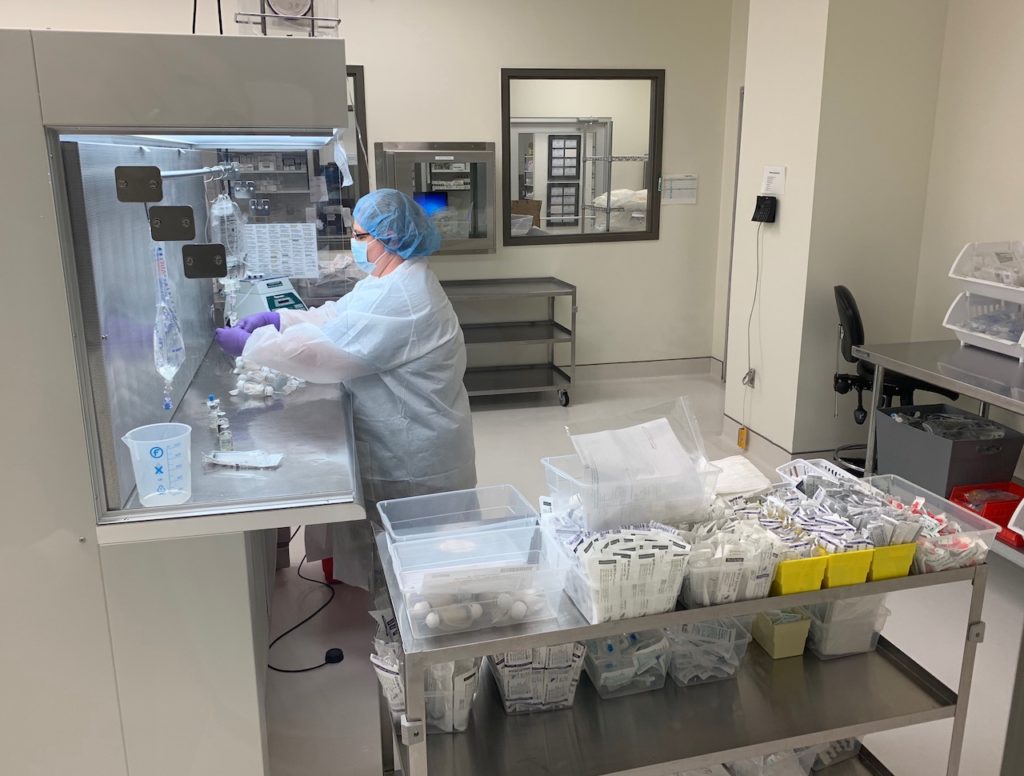
The Drug Enforcement Agency is refusing to publicly correct alleged flaws in an opioid distribution database published by The Washington Post. A pharmacy owned by state Sen. Shane Reeves has conducted its own recount and says it found major errors that inflated its total by as much as 30 times.
The so-called ARCOS database became public as part of a court order and tracks who bought and sold billions of oxycodone and hydrocodone pills. According to The Washington Post’s analysis, the top pharmacy in Tennessee is Reeves-Sain Extended Care in Murfreesboro, now known as TwelveStone, selling nearly 46 million pills over the six-year period.
Reeves was surprised by the ranking at first but later hired a law firm to double check the math. The audit uncovered systematic over-counting as the company used a subcontractor, owned by Reeves’ father, to repackage pills individually in blister packs for nursing home and hospice patients.
The company sent a letter to the DEA in October laying out the findings. It asked the agency to correct errors, but the DEA says the database was never meant to be made public.
“We do understand that the data is inputted by humans and that it’s not always accurate and reliable,” says DEA spokesperson Catherine Pfaff. “It’s just one tool we use to hold registrants accountable.”
Pfaff says the data is just a starting point that could lead to an investigation.
TwelveStone says the DEA told it in 2013 that it was apparently misreporting data. Reeves acknowledges mistakes by his family’s company but calls publishing the database without further reporting irresponsible.
“Whether they meant to do it or not, it’s ended up being erroneous and it can have a negative impact on a company’s reputation or brand or legacy,” he says. “And it’s done that to us.”
The Washington Post has not responded to a request for comment.
Reeves says his company will be fine, but as an elected official, he’s sensitive to public perception.
“The narrative that got painted was that we were this massive provider of oxycodone and hydrocodone, and that we were a big part of the narcotic problem in the state,” he says. “And it wasn’t true.”

